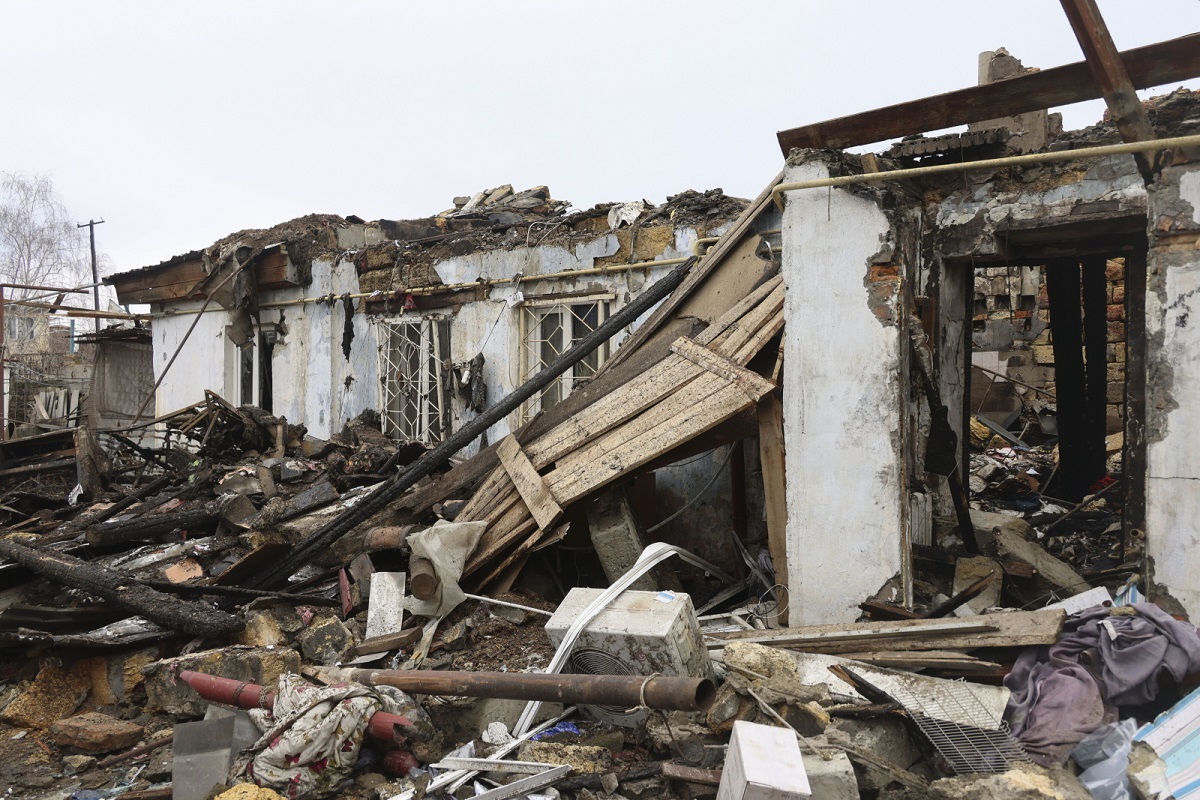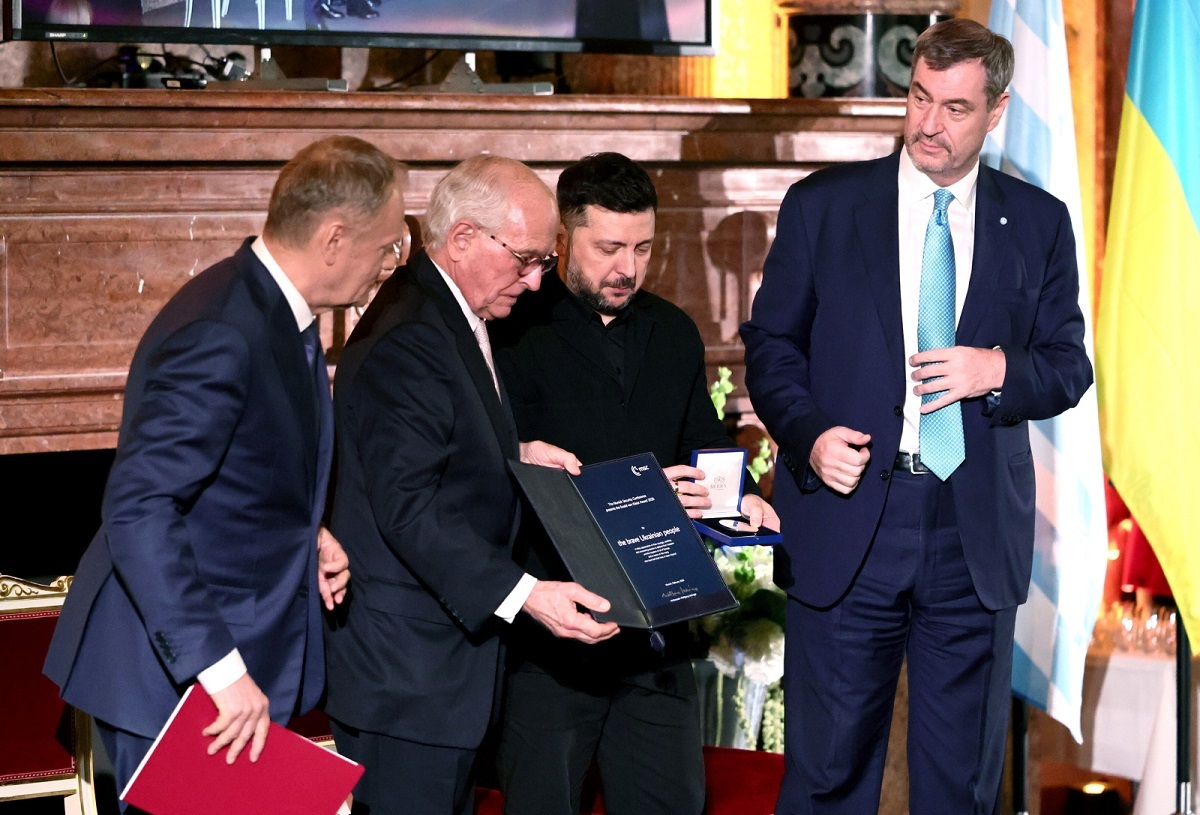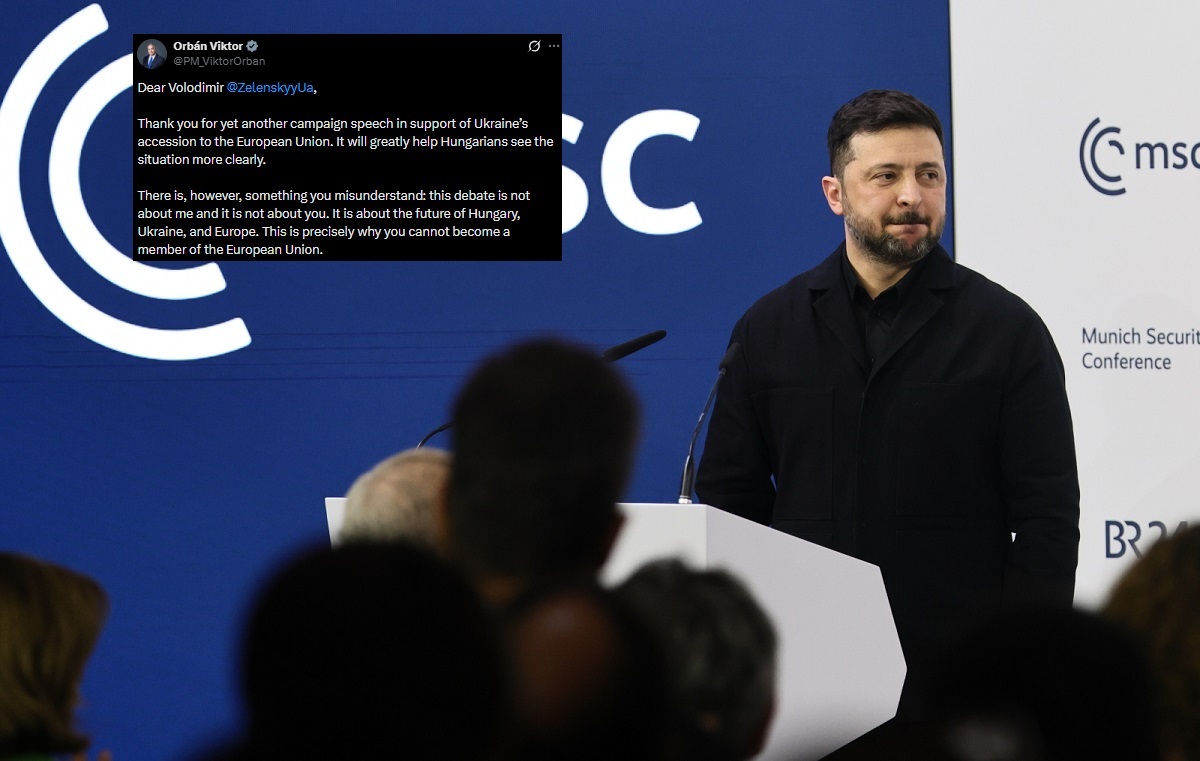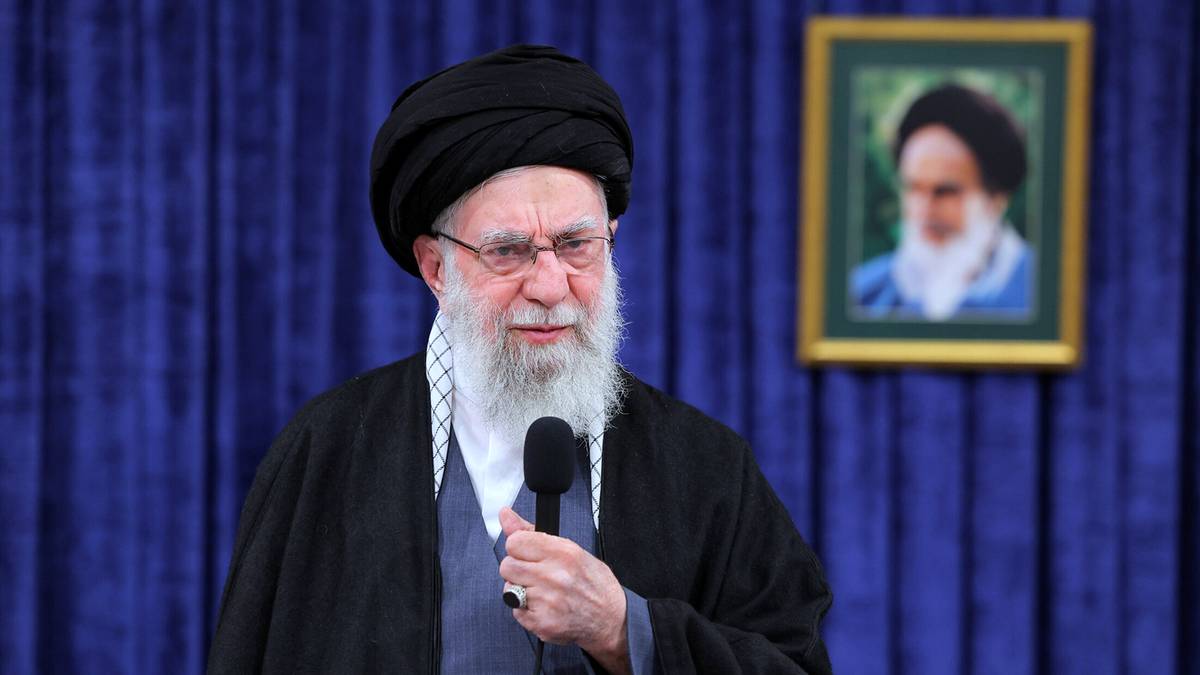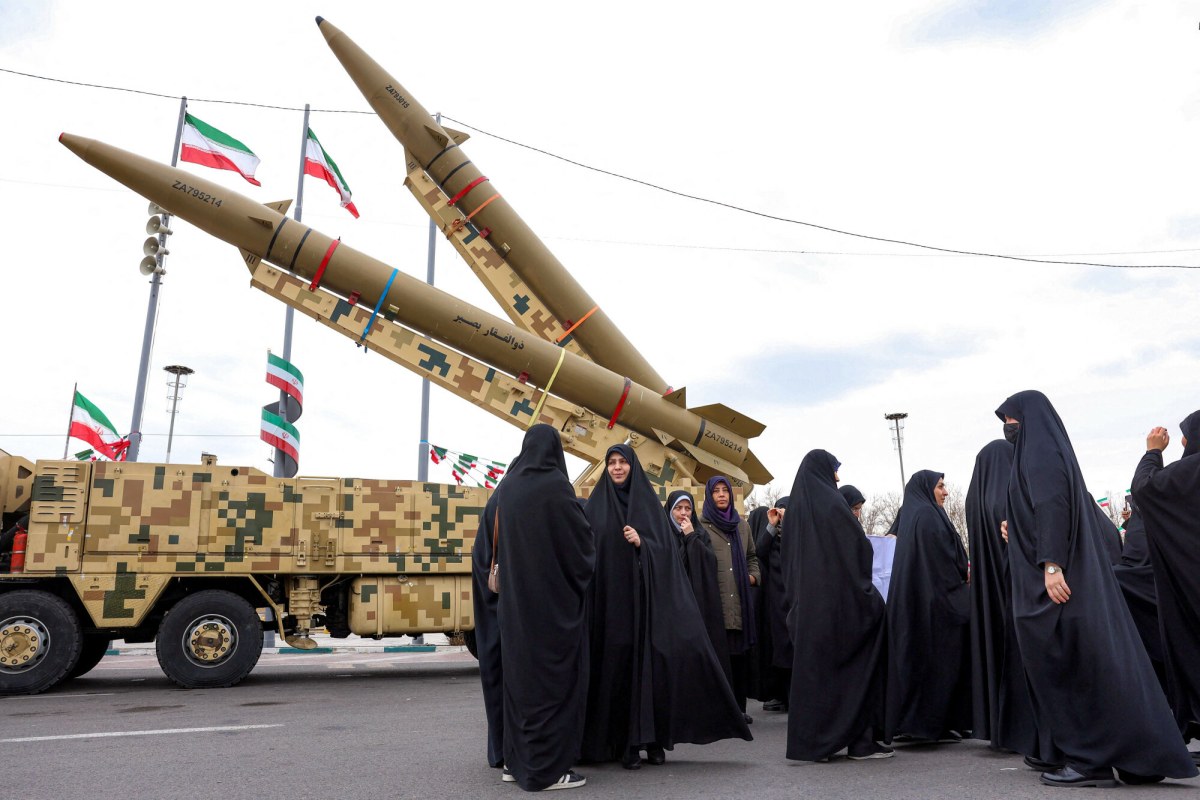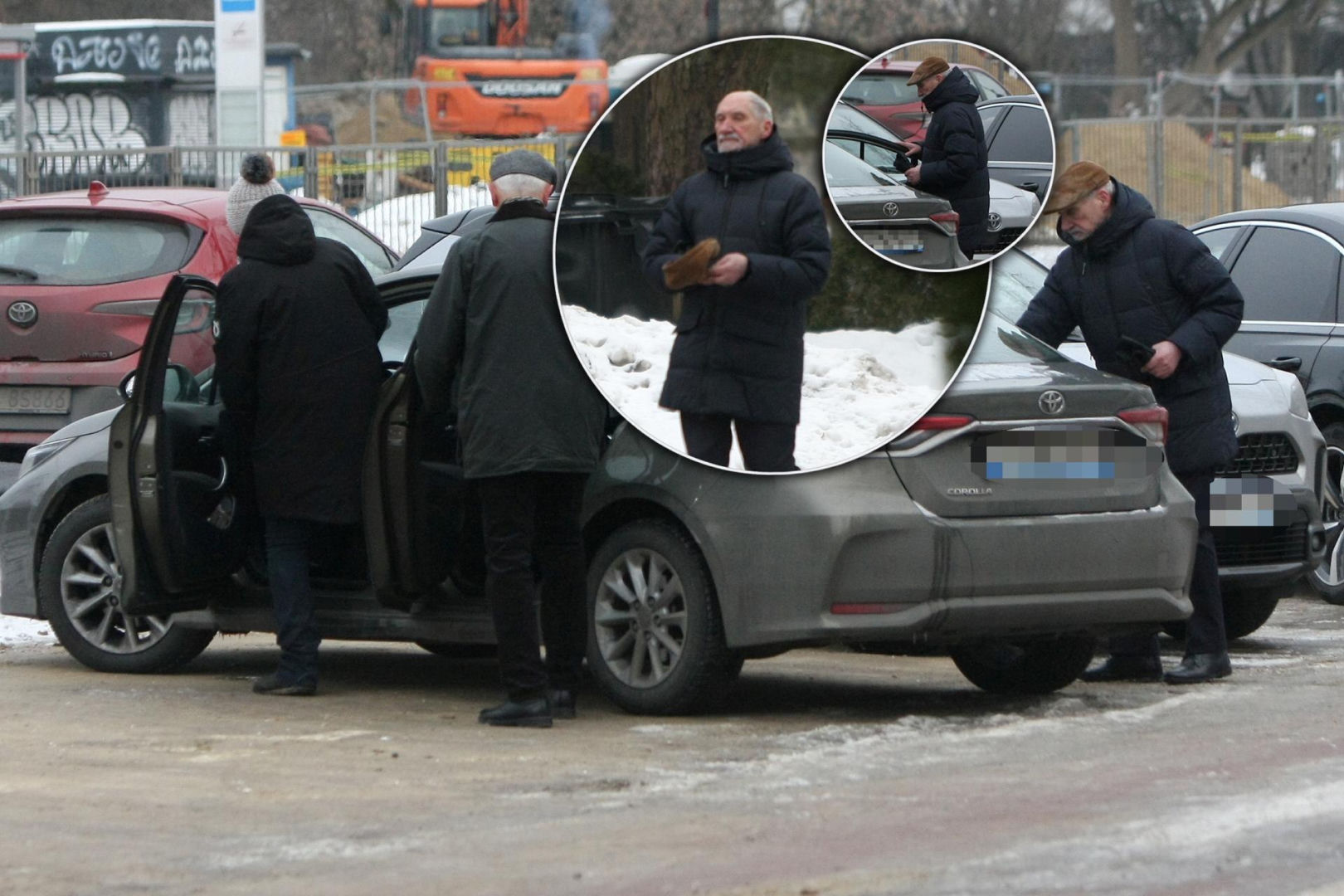
The Future Of Strategic Arms Control Is Dim Due To The Ukrainian Conflict & The Golden Dome
Authored by Andrew Korybko via Substack,
There’ll likely be a much greater potential for future conflict, including between Great Powers by proxy…
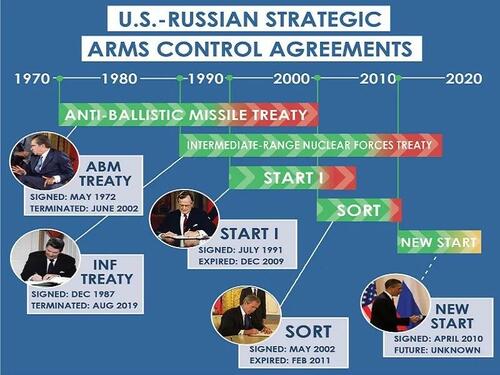
Russian Deputy Foreign Minister Sergey Ryabkov shared some insight into his country’s thinking the future of strategic arms control in an interview with TASS in early June. He began by clarifying that Ukraine’s strategic drone strikes in early June didn’t destroy any planes, it only damaged them, and they’ll all be restored. He then revealed that the Americans were asked “why do you allow yourself to provide the criminals with the relevant data, without which nothing like this could have happened”?
Rybakov didn’t share the answer that they gave his side, but he soon thereafter claimed that “Brussels ‘strategists’ are not giving up their attempts to convince US President Donald Trump to return to the policy pursued by his predecessor. And that policy implied unconditional support for Ukraine and further escalation.” This suggests Russian suspicion that the Trump Administration might be partially influenced by their pressure campaign, and that could account for why it gave Ukraine the data for those attacks.
He was very careful not to accuse Trump himself of any foul play, instead reaffirming that his position towards the Ukrainian Conflict “has become a reason for cautious optimism”, so Russia might have concluded or been convinced by the US that Biden-era officials are to blame for that provocation. In any case, without a normalization of their relations, which requires ending NATO expansion and resolving the aforesaid conflict in a way that resolves its root issues, strategic arms control talks can’t be resumed.
Additionally, Trump’s Golden Dome missile defense initiative (previously known as the Iron Dome just like Israel’s) greatly complicates any such talks even in the unlikely event that they’re resumed, which is due to it militarizing space and turning it into an arena of armed confrontation in Ryabkov’s words. The joint Sino-Russo “Prevention of an Arms Race in Outer Space” (PAROS) draft treaty could help manage these risks, but the US isn’t interested in discussing it, which could make a new space race inevitable.
Ryabkov elaborated that the Trump Administration denies the interrelationship between strategic offensive and strategic defense weapons while also refusing to return to the New START’s fundamental concept of equal and indivisible security. Accordingly, “There are no grounds for a full-scale resumption of the New START Treaty in the current circumstances. And given that the treaty ends its life cycle in about 8 months, talking about the feasibility of such a scenario is increasingly losing its meaning.”
He declined to speculate on what might replace it or what the world would look like without strategic arms control between its top two nuclear powers, but the overall mood of his interview is morose, with him lamenting the future that might soon unfold upon the New START’s expiry next February. As an old-school diplomat who’s invested considerable time in strategic arms negotiations with the US since entering into his position almost 17 years ago, it clearly pains him to see the end of this era.
Looking forward, Russia will ensure its national security interests, but the rapid evolution of military technologies such as first-person view drones, increasingly audacious attacks like Kiev’s recent ones, and Trump’s Golden Dome is transforming this sphere.
That’s not to say that strategic arms control is useless, but just that even the best agreements are no longer as relevant as before for maintaining international stability, which raises the potential for future conflict, including between Great Powers by proxy.
Tyler Durden
Mon, 06/30/2025 – 23:25

